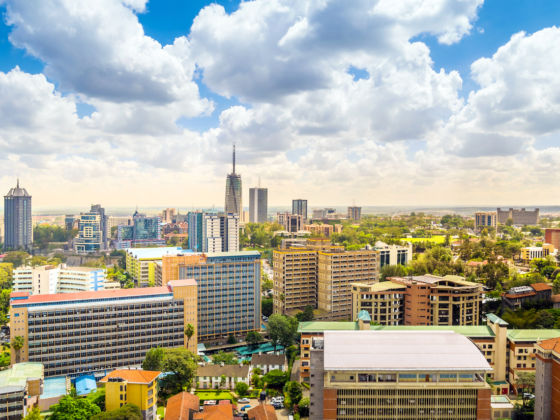In the days after I got mugged in Nairobi, I questioned whether my decision to further explore East Africa on my own was still a sensible one. My volunteer work in the Kenyan capital was wrapping up. It would be my first time traveling solo but now I was shaken, my trust in strangers ruptured. I suppose a good mugging has a way of doing that.
“Are you sure you wanna go there?!” my aunt asked me when I mentioned East Africa.
